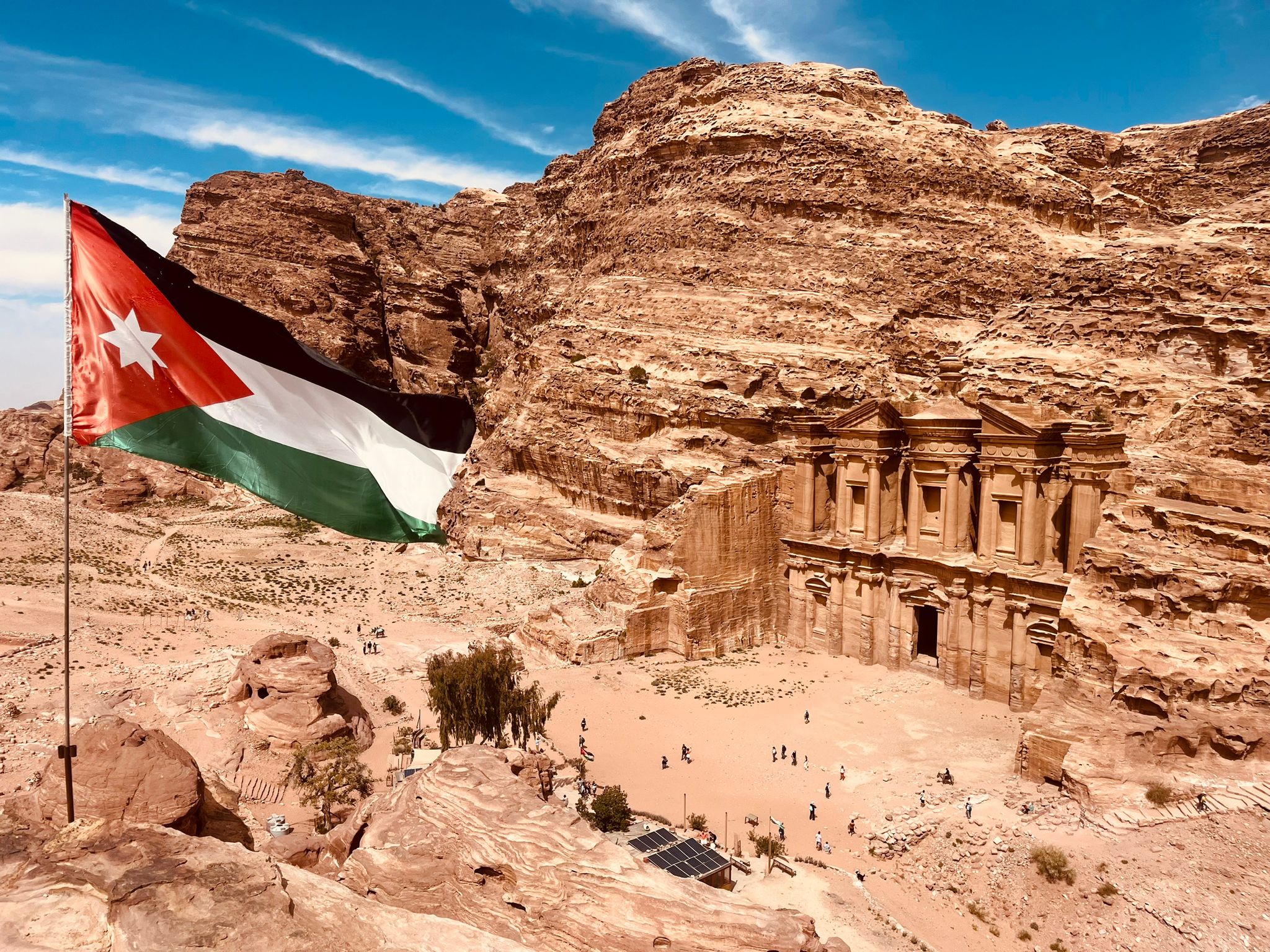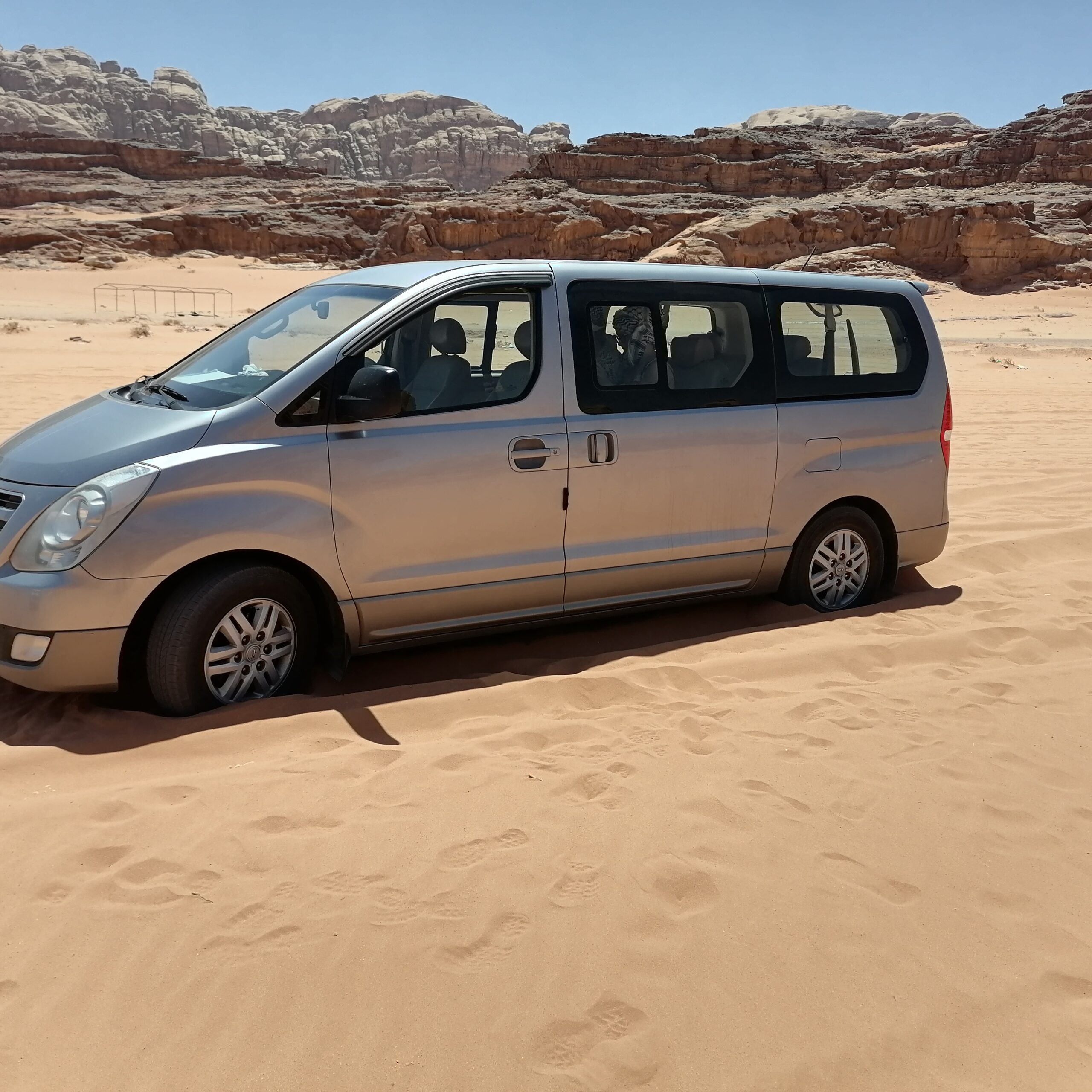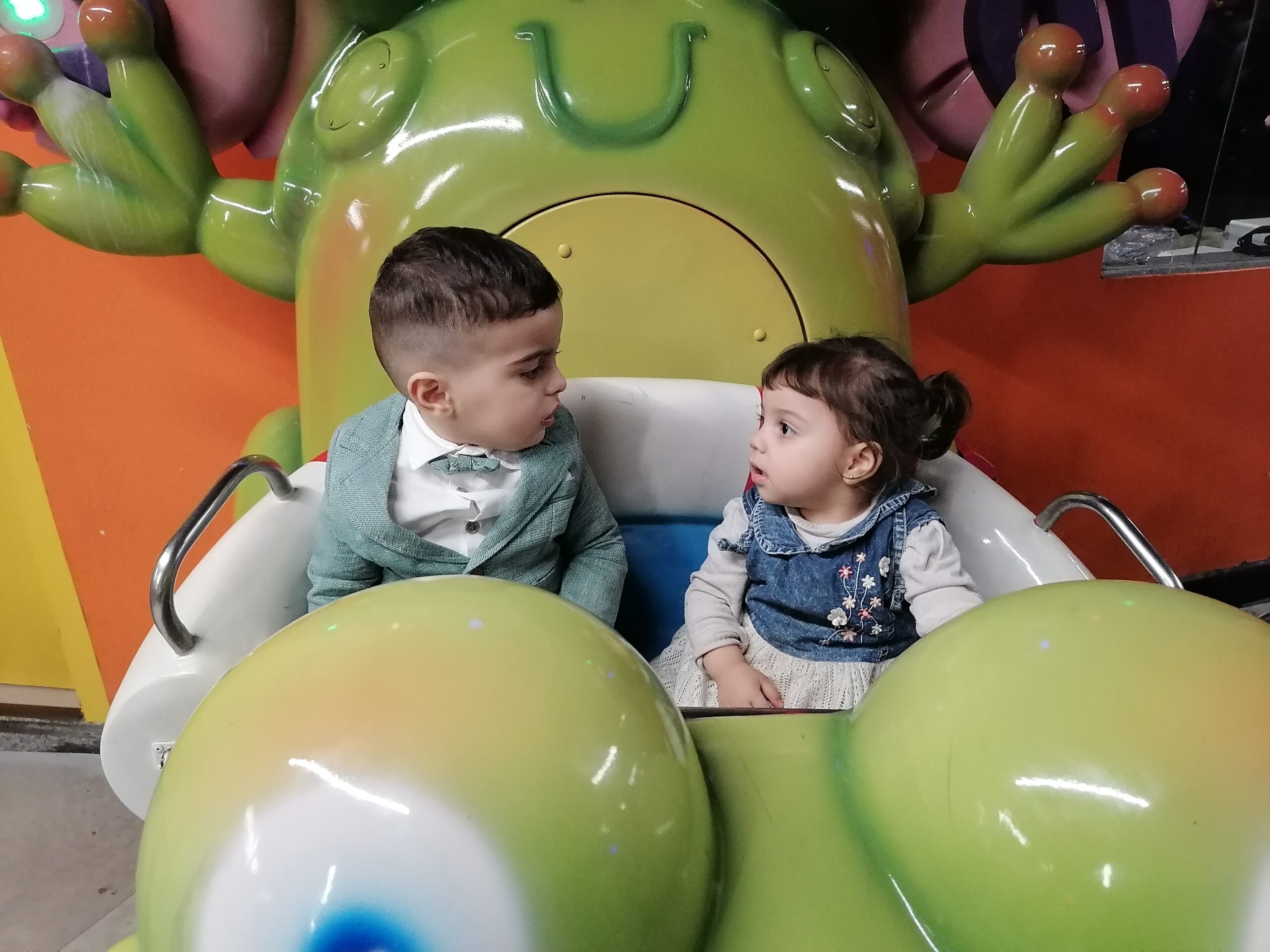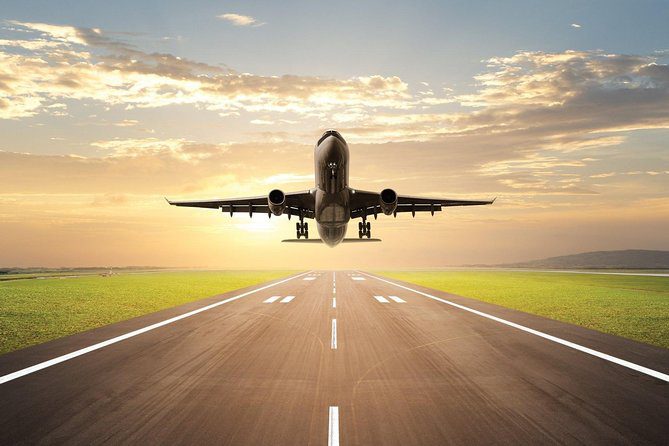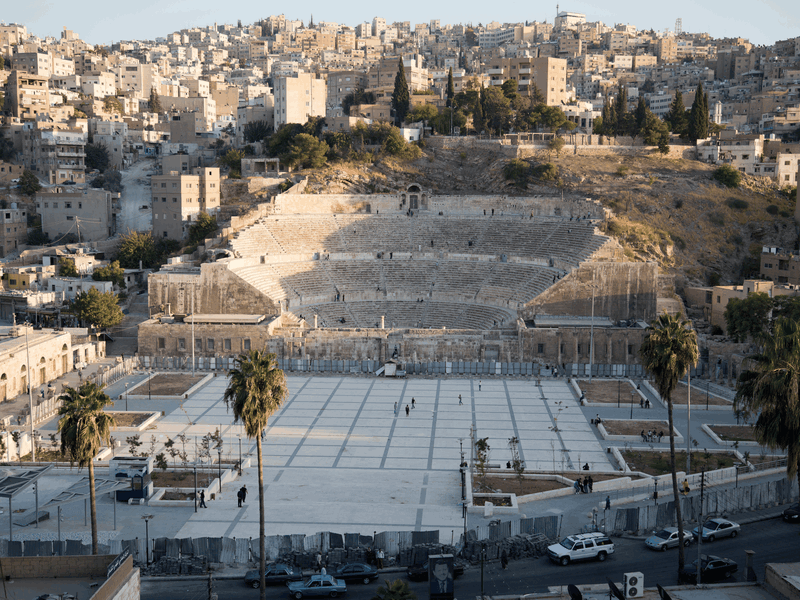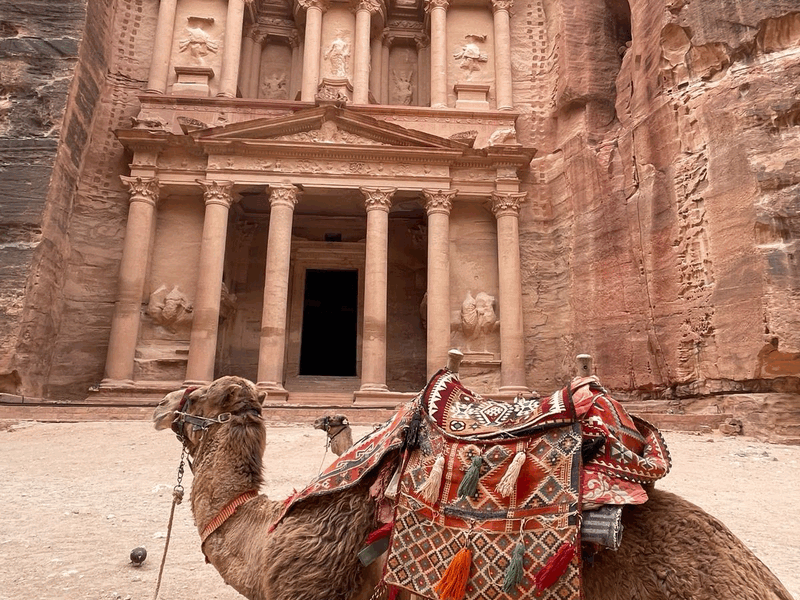Eid al-Adha 2024: Festive Recipes and Meal Ideas
In anticipation of the upcoming Eid al-Adha festivities on June 29, 2023, Jordanians are eagerly preparing to celebrate this important Islamic occasion. Eid al-Adha, als
What is the expected date of Eid ul Adha 2024?
Eid ul Adha is an important religious holiday celebrated by Muslims worldwide. The expected date of Eid ul Adha in 2024 will be determined according to the lunar calendar.
In order to determine the date, it is necessary to calculate the sighting of the moon. This is traditionally done by religious authorities or local community leaders. The sighting of the moon marks the beginning of the Islamic month of Dhul Hijjah, during which Eid ul Adha falls.
Once the sighting has been confirmed, the expected date of Eid ul Adha can be determined. In 2024, it is expected to fall on a specific day, based on the lunar calendar calculations and the sighting of the moon. This date may vary slightly depending on the region and the specific determination made by the local religious authorities.
What date is Eid Kabir 2024?
Eid Kabir, also known as Eid al-Adha or the Feast of Sacrifice, is an important Islamic holiday celebrated by Muslims worldwide. It falls on the 10th day of the Islamic lunar month of Dhul Hijjah.
In 2024, Eid Kabir is expected to be on Saturday, September 21st. This date may vary based on the sighting of the moon. The exact date is determined by the Islamic lunar calendar, which follows the cycle of the moon rather than the Gregorian calendar commonly used in the Western world.
During Eid Kabir, Muslims commemorate the willingness of Ibrahim (Abraham) to follow God’s command to sacrifice his son. It is a time of great religious significance and is marked by communal prayers, acts of charity, and the sacrifice of an animal, typically a sheep or a goat, as an offering to God. The meat from the sacrificed animal is then distributed among family, friends, and those in need.
The celebration of Eid Kabir is an occasion for Muslims to come together, show gratitude, and strengthen their faith. It is a time to reflect on the values of sacrifice, compassion, and empathy for others.
Is Eid al-Adha a regular holiday in the Philippines in 2024?
No, Eid al-Adha is not a regular holiday in the Philippines in 2024. In the year 2016, the Filipino government declared Eid al-Adha as a special non-working holiday. This holiday is observed by the Muslim community in the country and is based on the Islamic lunar calendar.
Although it is not a regular holiday, the recognition of Eid al-Adha as a special non-working holiday in 2016 has provided an opportunity for Muslims in the Philippines to celebrate and observe this significant religious occasion. This holiday typically falls on the 10th day of the Islamic month of Dhu al-Hijjah and is associated with the pilgrimage to Mecca.
While Eid al-Adha is not a nationwide public holiday in the Philippines in 2024, it is still an important religious event for the Muslim community. The government’s recognition of this occasion as a special non-working holiday in the past demonstrates their support and respect for the religious diversity in the country.
In conclusion, Eid al-Adha is not a regular holiday in the Philippines in 2024, but it has been acknowledged as a special non-working holiday by the government in the past. This recognition allows Muslims in the Philippines to commemorate and observe this significant religious event.
What date is Eid al-Adha 2024?
Eid al-Adha 2024 will fall on what date?
In 2016, Eid al-Adha, also known as the Festival of Sacrifice, was celebrated on September 11th. The date of Eid al-Adha varies each year as it follows the Islamic lunar calendar. It is determined based on the sighting of the moon and the position of the moon in relation to the Earth.
To calculate the date of Eid al-Adha in 2024, we need to refer to the Islamic calendar. Eid al-Adha usually takes place on the 10th day of the Islamic month of Dhul Hijjah. In 2024, the Islamic month of Dhul Hijjah is expected to start on Friday, August 16th.
Following this, Eid al-Adha is predicted to begin on Monday, August 26th, 2024, with the actual date subject to the sighting of the moon. It is important to note that the exact date may vary depending on the local sighting and the traditions followed by different regions.
In conclusion, Eid al-Adha in 2024 is projected to take place on Monday, August 26th. However, it is advisable to consult local Islamic authorities or organizations for the precise date in your specific location.
Where is Eid al-Adha observed?
Eid al-Adha is observed in various countries around the world, primarily by Muslim communities. This important religious holiday is celebrated to commemorate the willingness of Ibrahim (Abraham) to sacrifice his son as an act of obedience to God. It is a time of prayer, reflection, and joyous festivities.
In many predominantly Muslim countries, such as Saudi Arabia, Egypt, and Indonesia, Eid al-Adha is a nationwide public holiday. Streets are adorned with colorful decorations, and families come together to attend special prayers at mosques and perform the ritual animal sacrifice known as Qurbani. The meat from the sacrificed animal is then distributed among family, friends, and those in need, fostering a sense of community and generosity.
Beyond Muslim-majority countries, Eid al-Adha is also observed in Muslim communities and neighborhoods worldwide. In multicultural cities like London, New York, and Toronto, you can witness the celebrations taking place in mosques, parks, and community centers. These vibrant gatherings feature communal prayers, cultural performances, and delectable feasts that showcase the diverse traditions and cuisines of the Muslim world.
Regardless of where it is observed, Eid al-Adha is a time of unity, compassion, and gratitude. Muslims around the globe come together to honor the story of Ibrahim, renew their faith, and show kindness to their fellow human beings. Whether you find yourself in a bustling city or a tranquil village, the spirit of Eid al-Adha resonates with people of all backgrounds, fostering understanding and respect among different cultures and religions.
Why is Eid al-Adha important?
Eid al-Adha holds great significance in the Islamic faith. It is a festival that commemorates the willingness of Ibrahim (Abraham) to sacrifice his son as an act of obedience to Allah (God). This event symbolizes the strength of faith and the willingness to make sacrifices for the greater good.
During Eid al-Adha, Muslims around the world come together to perform prayers, share meals, and engage in acts of charity. It is a time of reflection, gratitude, and generosity. Muslims express their devotion by sacrificing an animal, usually a sheep or a goat, and distributing the meat to the less fortunate, family, and friends.
The festival also marks the end of the Hajj pilgrimage, which is one of the Five Pillars of Islam. Hajj is an annual pilgrimage to the holy city of Mecca, where millions of Muslims from all over the world gather to perform specific rituals.
Eid al-Adha is a time for Muslims to strengthen their faith and bond with their families and communities. It is a celebration of unity, sacrifice, and devotion to Allah. Through this festival, believers are reminded of their duty to help those in need and to live their lives in accordance with the teachings of Islam.
Is Eid al-Adha a public holiday?
Eid al-Adha is a significant religious holiday in the Islamic faith. It is considered one of the most important festivals for Muslims around the world.
During Eid al-Adha, Muslims commemorate the willingness of Ibrahim (Abraham) to sacrifice his son as an act of obedience to God. It is a time of reflection, gratitude, and devotion to Allah.
Eid al-Adha is indeed a public holiday in many countries with a significant Muslim population. The exact dates may vary from year to year as they are based on the Islamic lunar calendar. In these countries, both Muslims and non-Muslims may have the day off work or school to observe and celebrate the occasion.
The public holiday status grants individuals the opportunity to participate in various traditions and customs associated with Eid al-Adha. This can include attending special prayers at mosques, engaging in acts of charity, visiting friends and family, and participating in the sacrificial offering of an animal, known as qurbani.
Please note that the public holiday status of Eid al-Adha may vary depending on the country and its cultural and religious practices. It is always recommended to check with local authorities or consult a reliable source for the most up-to-date information regarding public holidays in a specific location.
o known as the Feast of Sacrifice, holds great significance for Muslims worldwide, and Jordan is no exception to the joyous celebrations.
In Jordan, Eid al-Adha is a significant religious and cultural event. The country observes public holidays during this period, allowing people to participate in the festivities. Muslims in Jordan typically start their day by attending the special Eid prayer at the mosque. Families gather to perform the prayer together and exchange greetings of “Eid Mubarak,” meaning “Blessed Eid.”
Eid al-Adha, also known as the Feast of Sacrifice, is a significant Islamic festival celebrated by Muslims around the world. While specific customs and traditions may vary across different countries and communities, there are some common practices observed during this festival.
New Clothes:
It is common for people, particularly children, to wear new clothes on the day of Eid. This signifies a fresh start and is a way of showing joy and celebration.
Giving Money as a Gift:
In many cultures, it is customary to give children and sometimes even adults a monetary gift known as “Eidi.” This gift is a token of love, blessings, and generosity.
Slaughtering the Sacrifice:
One of the central rituals of Eid al-Adha is the sacrifice of an animal, such as a sheep, cow, or camel. The meat from the sacrificed animal is divided into three parts: one-third is given to the needy, one-third is shared with friends and family, and one-third is kept for personal consumption.
Prayer and Worship:
Muslims typically gather in mosques or outdoor prayer grounds to perform a special Eid prayer in congregation. This prayer is an essential aspect of the celebration and is an opportunity for communal worship and unity.
Social Gatherings and Feasts:
Families and friends come together to celebrate Eid al-Adha. They share festive meals, exchange greetings, and enjoy time together. Traditional dishes are prepared, often including the meat from the sacrificed animal, and people visit one another’s homes to extend greetings and share meals.
